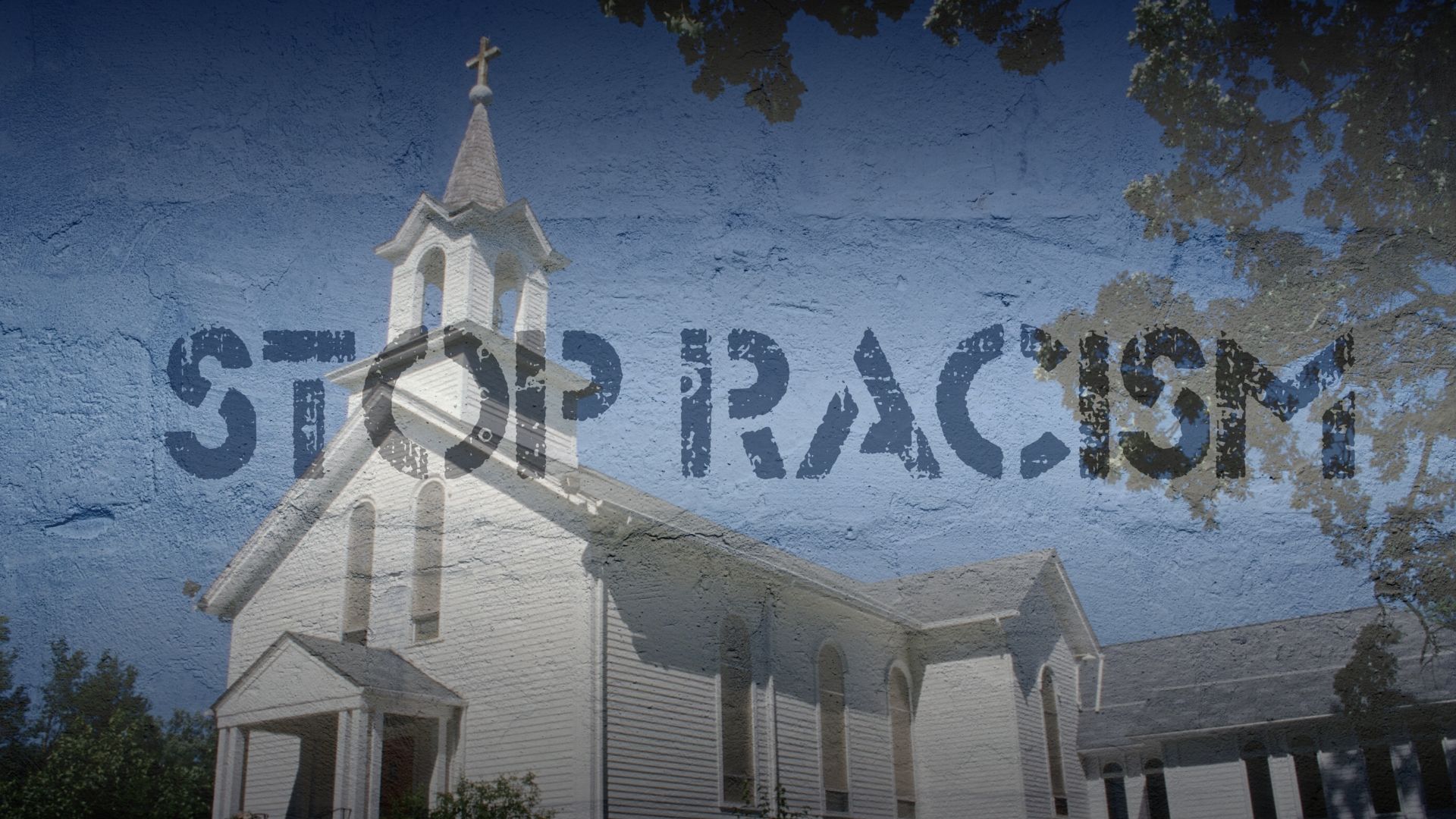The best documentaries turn on twists that catch even the filmmakers off-guard. The freak storm that descends on an Everest expedition. The geopolitical intrigue that emerges during a study of performance-enhancing drugs. The murder that mars a rock concert.
Or the pandemic that shuts down talk of everything else … until its relevance to everything else can’t be ignored.
In the wake of the Charlottesville Unite the Right rally of 2017, I began work on a film documenting cross-racial friendships that could serve as models for large-scale racial reconciliation. Speaking with black people and white people from across the nation, I sought to show how simple human connection can drive real change, and how people who truly see each other as human beings can no longer see each other as anything else.
I had not intended for “Reach, The Documentary” to focus on faith, but conversations seemed to lead inevitably to that topic. So I listened, and what I heard drew me down another unexpected path: an examination of the gulf between whites and blacks within the church.
It should be noted that, when I say “church,” I primarily mean established mainline churches in America. And when I say “gulf,” I mean that yawning chasm created by the church’s both intentional and inadvertent complicity in 400 years of racism.
As I conducted interviews with people ranging from high-profile scholars to storefront barbers, that complicity relentlessly pushed into the conversation. At first it would be a distant and subtle note. Then, like a quiet Mozart violin line that swells to take over the concerto, it would become the heart of the conversation. It had one resounding motif: without an acknowledgement of the church’s troubling racial history, authentic relationships and true progress are hard to come by.
So, my collaborators and I began to wrestle with how mostly well-meaning, God-fearing Christians could perpetuate prejudiced beliefs without knowing it. Then our society at large was hit by an unexpected twist, and we had to wrestle with another question: Is this film even relevant in a world under Covid-19 siege? Obviously, the church’s role in racism is a timeless topic, but is it one people will pay attention to today?
READ: How Jesus Saves Us from Slaveholder Religion
And then we were struck by the parallels between our topic and Covid-19:
Covid-19 is invisible to the eye, but known by its effects. Racism is invisible to the eye, but easily seen by its effects.
Covid-19 can thrive with no outward symptoms. Racial prejudice can endure with no outward indicators.
Covid-19 can be carried and spread by unsuspecting carriers. Racism can be carried and spread by people unaware of their subconscious attitudes and beliefs.
Covid-19 has been spread by intentional disregard (witness the spring break revelers, and the churches that insist on gathering on Sundays). Racism has been spread by institutional disregard.
Covid-19 hits hardest those with limited means. Racism always has.
Covid-19 spreads without regard for state lines or boundaries. Racism endures without regard for state edicts or legislation.
Even in light of these similarities, we saw one key difference between Covid-19 and racism: This virus will pass. The cancer of racism within the church, if left unaddressed, will remain.
Covid-19 isn’t simply an unexpected twist for our film. It is an undeniable metaphor for our message. And so we must address racism in the church in the way our nation has addressed Covid-19: We must acknowledge it directly. We must isolate and attack it. We must pursue a cure, always aware that, even if we defeat this foe in one place, it will seek to regenerate and strike in another.
When it comes to racism, however, we don’t seek to “flatten the curve.” We seek to raise up what author Jamar Tisby calls the “ARC” of racial reconciliation: Awareness. Relationship. Commitment.
That is what we must embrace if we are to make something useful out of the metaphor that surrounds us. That is what we must do if we are to take advantage of the unexpected twist that’s been thrown at us. And that is what we must do if we are ever—ever—going to bridge the yawning racial divide that the church has for too long accepted, allowed, and perpetuated.

